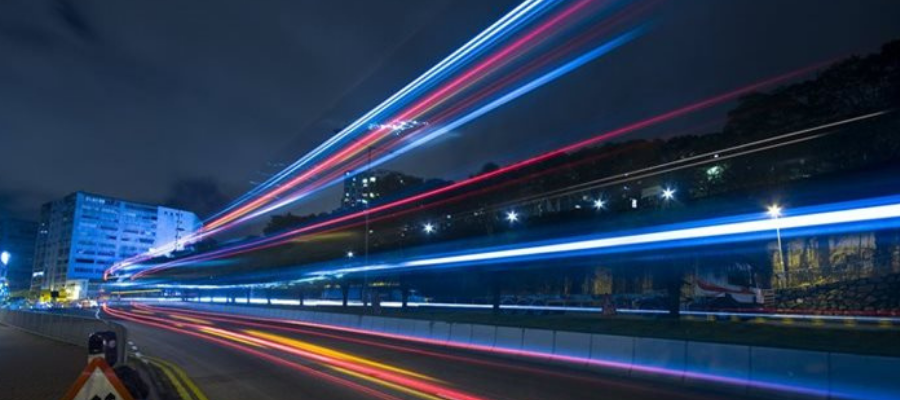🕒 Article read time: 2 minutes
Ten point plan: logistics calls for clearer vision on zero carbon HGVs

The Prime Minister set out his plan for what he called a “green industrial revolution” on Wednesday 18 November, to tackle climate change and transition to a ‘net zero’ economy.
Covering energy, transport, home heating, nature, innovation and finance, it is intended to create and support up to 250,000 British jobs.
The announcement confirmed that the sale of new petrol and diesel cars and vans has been brought forward by ten years from 2040 to 2030. The government will also launch a consultation on the phase out of new diesel HGVs.
While Logistics UK fully supports the government’s aim to transition to a low-carbon economy, it has stressed that the switch must be affordable for businesses.
“Logistics UK is urging government to ensure there are practical alternatives to petrol and diesel HGVs before a phase-out of these vehicles is considered,” said Alex Veitch, General Manager for Public Policy at Logistics UK. “In order for the commercial sector to be able to deliver, government should work with industry to develop a long-term pathway to decarbonisation, providing clarity on the technology and alternative fuels it supports so that manufacturers and operators can invest with confidence.”
The business group said that while logistics businesses are committed to switching to electric vans, the government must introduce a fairer way of funding grid reinforcements and energy supply upgrades.
“Currently, the onus lies on a business to fund upgrades to the entire local electricity hub,” Veitch continued, “if there is insufficient energy supply in the existing infrastructure to power its electric vehicle fleet. Without a resilient energy and charging infrastructure the switch to electric vehicles will be a pipe dream for businesses."
There will be a slight reprieve for van operators, however, in that some models of hybrid vehicles will be excluded from the earlier ban date.
“They offer a practical bridging technology,” Veitch said, “for van operators working in areas where access to charging infrastructure or electric vehicle model availability is limited.”
*https://www.gov.uk/government/news/pm-outlines-his-ten-point-plan-for-a-green-industrial-revolution-for-250000-jobs
Published On: 19/11/2020 16:00:01

Comments Section
If you are a Logistics UK member login to add comments.
In brief
GRID MUST BE EXPANDED TO SUPPORT EV TRANSITION
The ending of sales of new petrol and diesel cars and vans from 2030 will present additional challenges for commercial vehicle operators without urgent government action to ensure the energy and charging infrastructure is ready to support the switch to electric vehicles, Logistics UK has said. With electric vehicles making up only 1% of all vans sold in the UK in 2019, bringing forward the ban creates additional challenges for logistics businesses.
https://logistics.org.uk/media/press-releases/2020/november/expand-grid-capacity-to-support-the-ev-revolution
Latest articles
National Highways launches Too Close for Comfort campaign
It's time to back off and stop intimidating the person driving in front of you.
Read time: 2 minutes
View article
Policy win: Government launches new strategies around growth, infrastructure and trade
Last month, the UK government published the long-awaited Modern Industrial Strategy, Trade Strategy, and Infrastructure Strategy – each setting out intentions, ambitions and next steps for respective policy areas, central to the future of logistics.
Read time: 3 minutes
View article
Generation Logistics Case Study
Grace Brown, Logistics Degree Apprentice - ASDA.
Read time: 2 minutes
View article